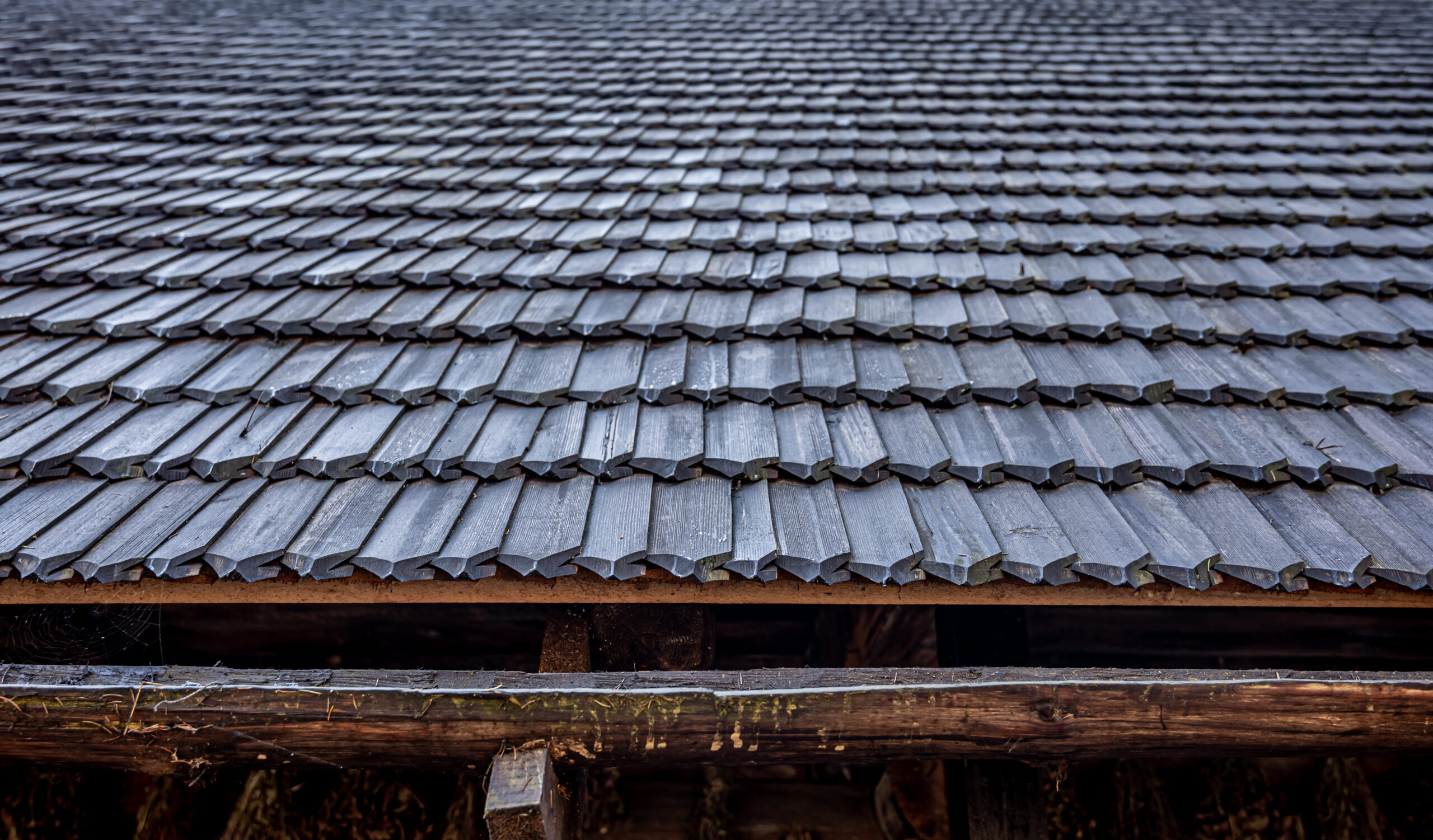Concrete tile roofs guard homes with solid strength and firm protection, yet they still weaken as years march on. Sun, wind, and rain pound the surface and slowly carve out weak spots. Timely Concrete Tile Roof Repair blocks small cracks or leaks before they spread wider. When you notice broken tiles, stains, or moss creeping across, act quickly to shield your home. Swift care stretches the life of your roof and keeps your house safe, steady, and strong for the years ahead.
Cracked or Broken Tiles
Concrete tiles shield the roof from rain, heat, and strong winds. But heavy branches, shifting soil, or years of stress can crack them. Once tiles break, water sneaks through and strikes the wood beneath.
Signs to Notice:
- Tiles showing cracks, chips, or holes
- Pieces shifting after a storm
- Gaps forming where tiles should meet
Why It Matters
One broken tile opens a path for water. Water then rots timber, rusts nails, and weakens the roof frame.
Water Stains Inside the House
Often, leaks reveal themselves inside before outside. They stain walls, spoil ceilings, and fill lofts with damp air.
What to Look For:
- Brown or yellow marks on walls and ceilings
- Paint peeling near the roofline.
- A damp, musty smell in the loft
Long-Term Risks
Moisture feeds mould, which creeps across walls, harms health, and lowers house value. Calling a trusted roof specialist near me helps stop the spread before it causes bigger problems.
Sagging Roof Sections
A roof should stand straight and even. If you spot dips, that means the wood below has already softened.
Visible Indicators:
- Crooked rooflines
- Dips between rows of tiles
- Tiles sliding downwards
Causes of Sagging
- Long-term water seepage
- Rotting beams and rafters
- Extra weight from moss or fallen debris
Growth of Moss or Algae
Moss may look soft and harmless, but it clings to tiles, traps water, and drags them down.
Common Signs:
- Thick mats of moss
- Green streaks running down walls
- Gutters clogged with moss lumps.
Why You Should Act
Moss makes tiles heavy and brittle. Water then pools, cracks widen, and leaks begin.
Loose Ridge or Hip Tiles
The ridge and hip tiles guard the roof’s highest points. They stop rain from slipping into the joints. If they shift, water storms in.
Check for:
- Ridge tiles that moved after a storm
- Missing or crumbled mortar
- Uneven lines along the top of the roof
Consequences of Loose Tiles
Loose ridge tiles open direct paths for water, which soaks wood and insulation below.
Damaged Underlayment
Beneath the tiles, a sheet of underlayment forms the second shield. If it tears or wears down, water passes through with ease.
Warning Signs:
- Damp spots under tiles
- Leaks appear even when the tiles look whole.
- Wet insulation in the loft
Why Underlayment Matters
Tiles alone never keep out every drop. Without underlayment, even small leaks soak the roof frame.
Discolouration and Fading
Concrete tiles often fade with age, but sudden or uneven colour shifts suggest trouble.
Possible Triggers:
- Water staining tiles in patches
- Green growth spreading across tiles
- Heat leaves dull spots.
What It Suggests
Colour changes show where stress and moisture strain the roof. These spots often mark weak points.
Gutter and Drainage Problems
Roofs need fast water flow. If gutters clog, water backs up and crawls under the tiles.
Key Things to Notice:
- Water spilling over gutters when it rains
- Gutters are bending or hanging loose.
- Roof edges looking darker or wetter.
Linked Damage
Blocked gutters push water into the roof’s edge, breaking tiles and feeding leaks.
Unusual Noises from the Roof
Strange sounds often warn of movement. Storm winds rattle loose tiles or shake weak beams.
Sounds to Pay Attention To:
- Rattling tiles in the wind
- Beams creaking inside the loft
- Sudden bangs during storms
Why Noise Matters
These noises mean tiles or timbers are shifting. Catching it now stops tiles from dropping later.
Structural Movement and Shifting
Sometimes the roof suffers not from tiles but from the whole frame moving. When a house shifts, the roof shifts too.
Signs You Might See:
- Large cracks are creeping along the walls
- Doors and windows that no longer fit right
- Roof tiles are pulling away at the joints
How It Affects the Roof
Shifts drag tiles out of line. When tiles separate, water flows in and weakens the structure.
Hidden Signs in the Loft
Not all roof problems show outside. The loft often tells the real story.
What to Inspect:
- Wet or rotting beams
- Damp spots on insulation
- Light shining through broken tiles.
Why Loft Checks Matter
A quick loft check often reveals damage long before it spreads across ceilings.
Weather Damage After Storms
Storms hit hard and often strike concrete tile roofs without mercy.
Look for Storm Impact:
- Tiles blown out of place
- Branches lodged on the roof
- Water is leaking soon after heavy rain
Next Steps
Always check the roof after strong winds. Even one fallen branch may break several tiles.
Why Call a Roof Specialist Near Me
Many roof problems hide until too late. A skilled specialist spots cracks, gaps, and weak spots that homeowners miss. Calling a roof specialist near me one early save both time and money.
Benefits of Calling a Specialist:
- Detailed checks for hidden faults
- Fast replacement of broken tiles
- Stronger waterproofing for the whole roof
- Peace of mind that your roof guards your home
When you notice any warning signs, search for a roof specialist near you and arrange an inspection before the problem worsens.
Final Thought
Strong roofs demand watchful eyes and quick hands to keep them firm. Cracks, dips, or faded patches shout for attention and often reveal bigger troubles. Skilled Concrete Tile Roof Repair seals weak spots and keeps water from creeping in. By fixing problems early, you guard both your home’s frame and its worth. With steady care and expert help, your roof endures storms, resists damage, and stands tall as a reliable shield for many years ahead.



